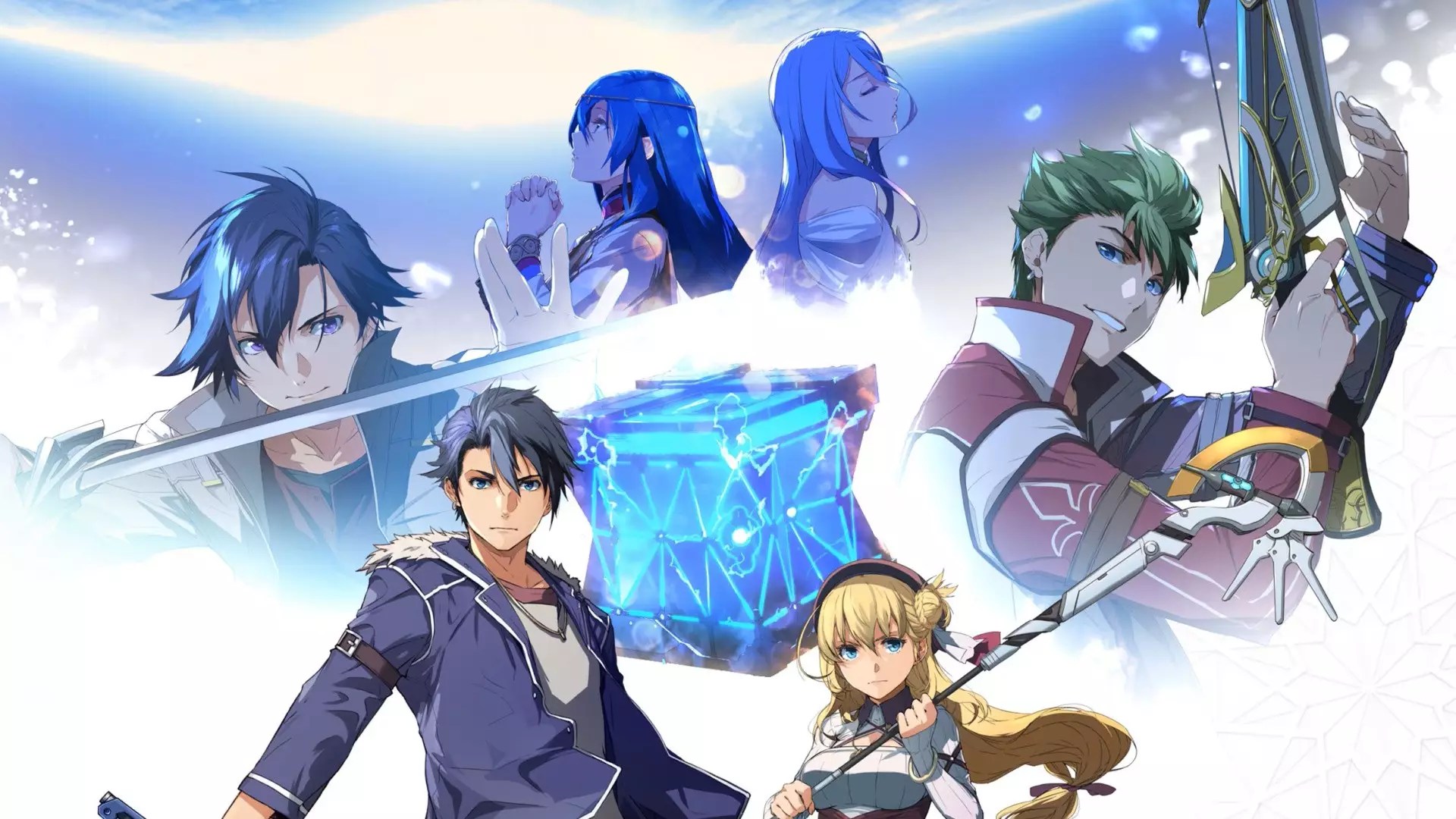In recent months, the gaming landscape has become increasingly polarized over the dominance of digital and hybrid distribution methods. The latest example is the decision by NIS America and Falcom to release *Trails Beyond the Horizon* on Nintendo Switch 2 exclusively as a Game-Key Card edition in the West. This move reflects a broader industry trend—favoring non-traditional physical formats over classic game cartridges. While from a business standpoint, it may seem convenient, this shift raises profound questions about the long-term health of physical gaming, consumer rights, and the very nature of gaming collections.
The concept of a Game-Key Card, which essentially functions as a retail card containing a digital download code, challenges the traditional value proposition of physical media. Nintendo explicitly states that the cartridge acts as your “key” to download the game, yet the actual game data resides online. This hybrid approach blurs the lines between physical and digital, leaving many gamers feeling shortchanged. The issue is particularly contentious given the rising costs—special editions of *Trails Beyond the Horizon* on Switch 2 are more expensive than their PS5 counterparts, despite offering less tangible value. Gamers who cherish physical collections see these decisions as a betrayal of their loyalty to physical media, which once symbolized permanence and ownership.
Consumer Trust and the Promise of Physical Ownership
Physical gaming has historically been viewed as an investment—something you buy, hold, and own outright. Now, with the proliferation of Game-Key Cards, that sense of permanence diminishes. Many players are skeptical about whether they can transfer save data across versions or upgrade seamlessly from Switch 1 to Switch 2. It’s not merely about convenience; it’s about trust. Will the next iteration or special edition commitment be genuinely worth the premium? The absence of clear upgrade paths fuels anxiety within the community, especially when digital-only practices become the norm.
The problem is compounded when publishers, including big names like Marvelous and CD Projekt Red, continue to prioritize full physical releases, setting a stark contrast with companies opting for less tangible solutions. For consumers who regard their game libraries as collections to be treasured, the move toward Game-Key Cards feels like a step away from that tradition—an erosion of the craftsmanship, art, and physical nostalgia that make gaming special.
The Industry’s Shaky Justification and the Path Forward
NIS America’s rationale—that Game-Key Cards are most “beneficial” for customers—is superficial at best. The statement ignores the core concerns of affordability, collectibility, and ownership. Critics rightly argue that players are being offered a less rewarding experience for the same or higher prices, undermining trust and goodwill. The fact that the Japanese release remains full physical highlights a divide not just in regional marketing strategies but also in industry values. Is this an indication that the West is more willing to accept a diminished physical experience, or is it a sign that publishers are capitalizing on the convenience of digital at the expense of consumer choice?
As industry leaders continuously adopt these new formats, the hope that physical media remains the backbone of gaming fades. While games like *Trails Beyond the Horizon* might look spectacular on new hardware, their physical or digital-only nature could set a dangerous precedent—one where ownership is secondary to digital access rights. For many gamers, this isn’t progress but a regression to a more ephemeral and less personal era of gaming.
By prioritizing digital solutions disguised as physical, publishers risk alienating the core community they rely on—a community that values the tactile, collectible aspects of gaming. The question remains: will industry stakeholders listen to their consumers’ desire for authentic physical copies, or will they double down on digital-first approaches that threaten to decentralize ownership and diminish the cultural significance of physical games? The future of gaming’s physical evolution hinges on whether players’ voices are truly heard and respected or sidelined for corporate convenience.


Leave a Reply